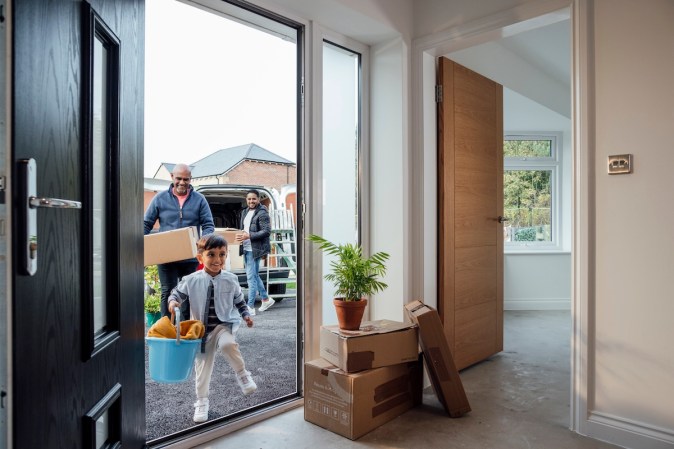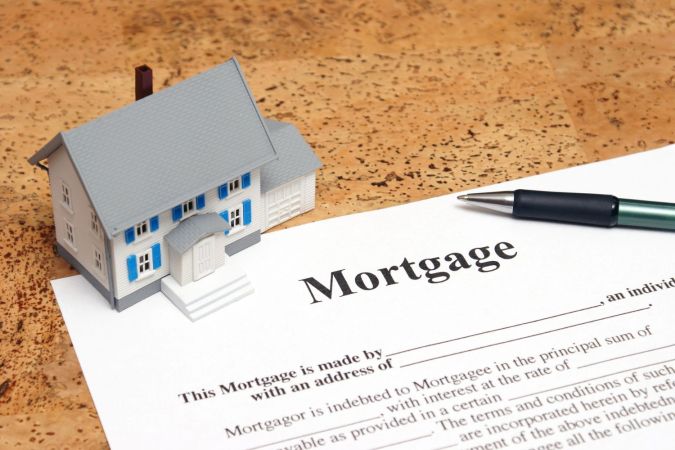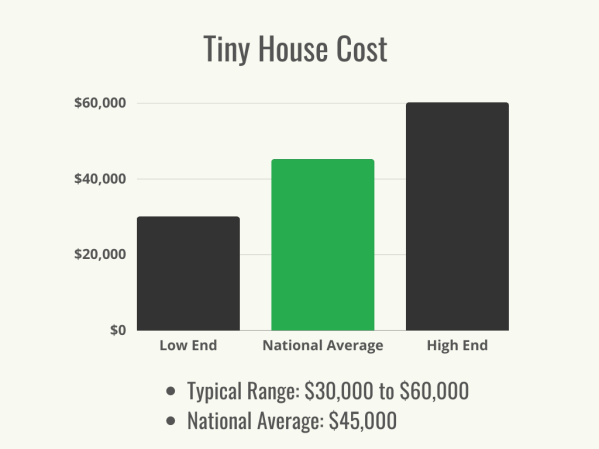We may earn revenue from the products available on this page and participate in affiliate programs. Learn More ›
With the volatility in the housing market over the last few years, many sellers are wondering if now is the right time to sell their house. The rise of home prices has made the market favorable for sellers, but those looking to move for more space or other reasons are struggling to find homes within their budget. Between high interest rates and low inventory keeping prices high, a new home purchase could leave homeowners stuck with a new mortgage payment that’s unsustainable.
Here are 10 key considerations homeowners need to take into account when debating if they should sell or stay put in today’s real estate market.
1. It’s still a seller’s market.

There’s no doubt the current market is working in favor of sellers, making it a much easier decision for those considering downsizing. Rachel Moussa, a Realtor based in Flower Mound, Texas, says low inventory combined with slightly lower interest rates compared to late 2023 has increased buyer demand again, making it a great time to be a seller.
If you have no strong reason to sell right away, Moussa says sellers willing to take a risk may want to wait to list until the summer in case buyer demand skyrockets. “If interest rates decrease as expected, sellers will likely net more in the summer than early spring,” Moussa says.
2. High interest rates mean less competition for buyers.

Interest rates have fallen slightly since fall 2023, but they still remain high enough to discourage many buyers. However, Moussa says these high interest rates are making the current market much easier for buyers to secure the home they want with protective measures like appraisals and inspections since there’s less demand.
If rates fall later in 2024, she says, buyers will see a more competitive market and need to forgo protective measures and compete with higher bids. “If you buy now, you can largely avoid that, and then refinance if and when rates go down.”
3. Don’t buy if you can’t find what you’re looking for.
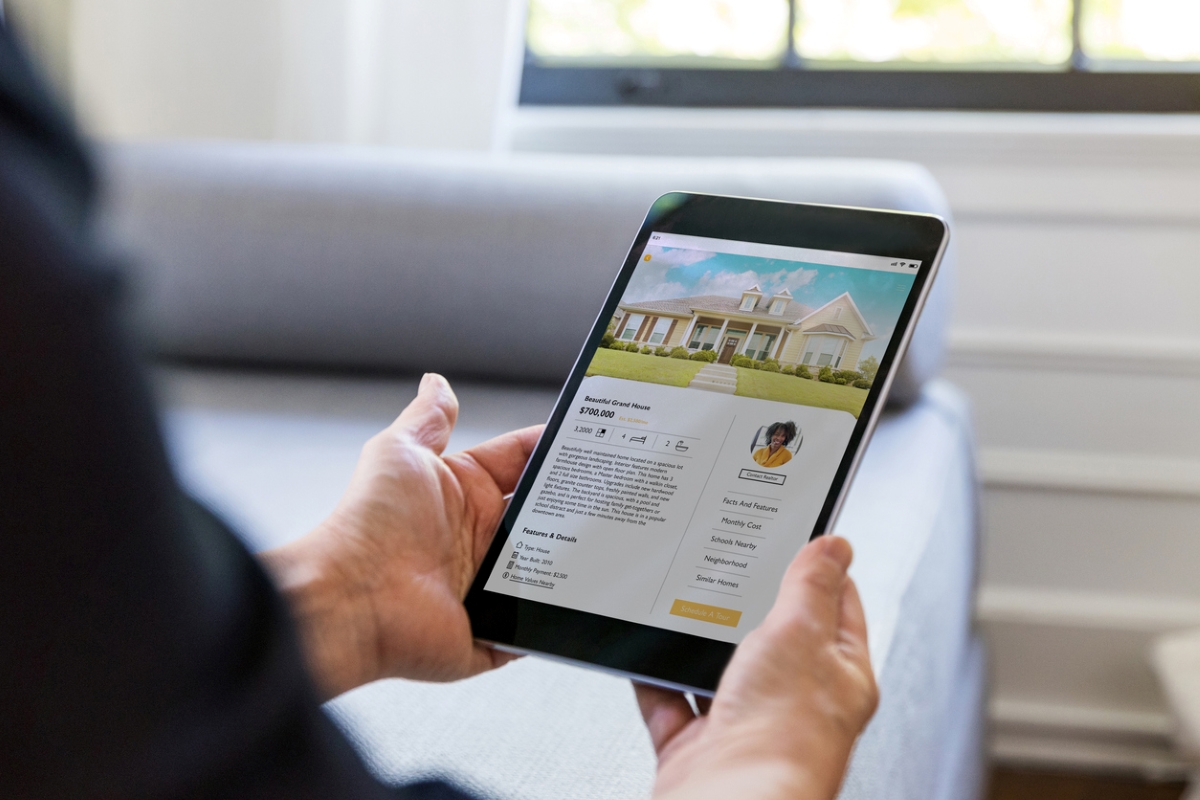
Buyers may have less competition now, but Moussa discourages buyers from buying now for the sake of lower prices if they’re unable to find the home they’re looking for. Less inventory means fewer options with the features buyers want, so it may be prudent to wait until inventory levels are higher so buyers can find the right home for their family.
4. You can invest in smart home improvements.

If you’re looking to sell your home soon, a few savvy home improvements can drive up the value of your home, netting you a higher return. “The three best returns on investment are fresh neutral paint, flooring, and things to improve curb appeal,” Moussa says.
Michael Belfor, a mortgage banker in California, says homeowners can also increase their home’s value through kitchen and bathroom renovations, or even smaller upgrades like replacing appliances.
Before undergoing any renovation or home improvement project, Moussa recommends working with a local real estate agent to see the low-, mid-, and high-end of neighborhood sales so you don’t overdo it and spend more than what the project will increase in your home’s value.
5. Budget beyond a monthly payment.

Homeowners looking for a new home need to think and budget beyond the sale price and mortgage payments to know if they can afford to move, says Joe Thweatt, a Texas-based loan originator.
“Budget considerations should not only include the monthly payment, but also consider down payment, closing costs, moving costs, and maintenance costs moving forward,” Thweatt says. “Just because you can technically qualify for a loan does not necessarily always mean you should [take out the maximum amount].”
As a budget starting point, Thweatt says homeowners’ overall debt should be at 43 percent or less of their gross income. For example, a household with a monthly income of $10,000 should have no more than $4,300 in total debt payments, including a mortgage, credit cards, or any other debts.
6. You could rent out your home.
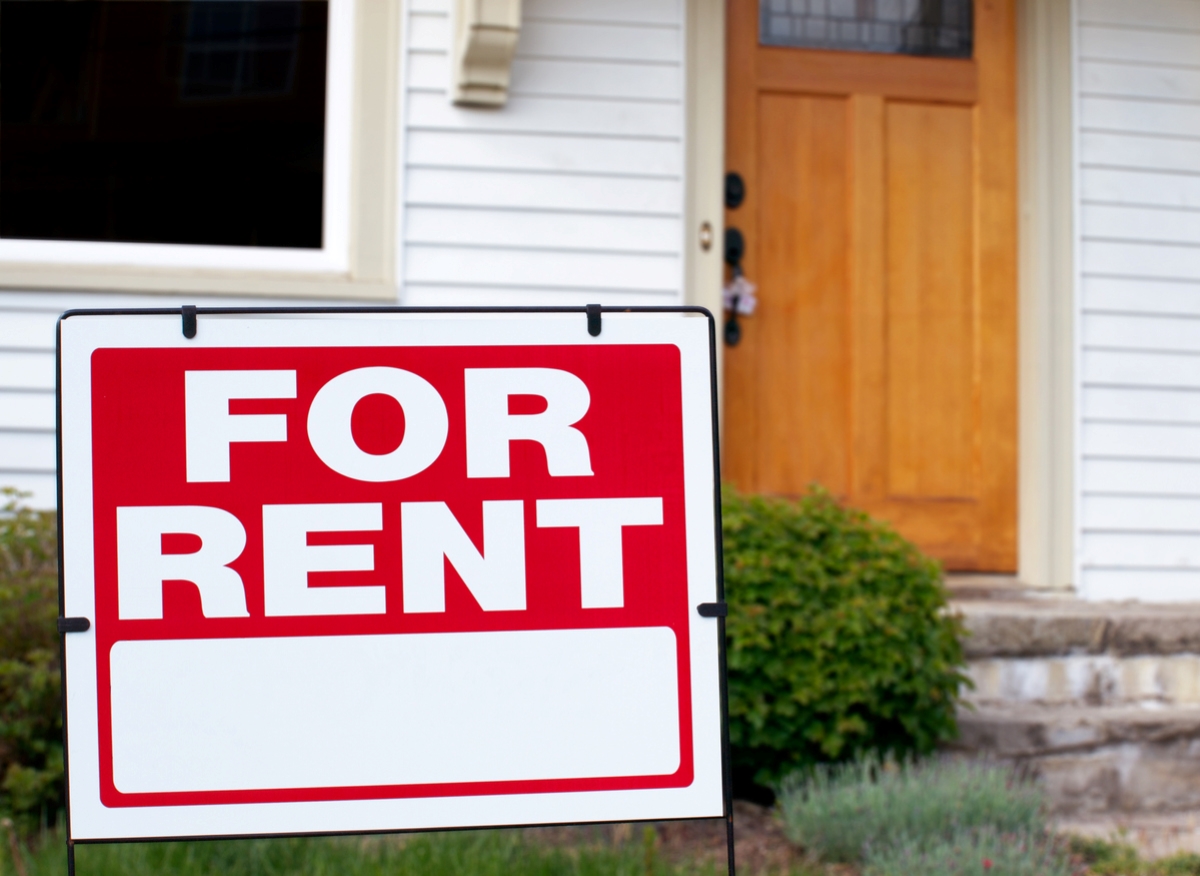
To build up funds for your next down payment, Moussa says renting out your current home can be an option. “If homeowners have a low interest rate, they may be surprised at the delta between what they can rent it for and their mortgage payment,” she says.
However, the key to this solution is moving into lower cost housing temporarily until enough savings are established, either by renting or downsizing into a smaller home. This solution is heavily dependent on the local rental market, and Moussa says homeowners should consult with a real estate agent to see if this is a viable financial option.
7. Consider finding a co-signer.

Homeowners with mid to low credit scores, like below 650, may think today’s high interest rates make securing a new mortgage loan impossible. However, if you need to move in the near future without time to work on improving your credit score, Belfor recommends finding a co-signer for the loan. “Having a co-signer with better credit or a joint application with a spouse or family member with stronger finances may help secure a better interest rate,” he says.
8. Establish at least 10 percent equity in your current home.

Homeowners also need to take a look at how much equity they have in their current home before jumping into a new purchase. Experts recommend sellers have at least 10 to 15 percent equity in order to have enough funds to pay off the loan and closing costs. Otherwise, sellers may take a financial loss by selling the home.
9. Be open to more affordable locations.

Homeowners wanting lower housing expenses or more space for the same cost should look into more affordable areas for a new home, says Moussa. “If you need more space, or you need less expense at a time when interest rates are higher than the rate you currently have, you have to ask yourself what you are willing to give up,” Moussa says.
Typically, home prices in suburbs decrease the further you go from the city. Or, buyers with more flexibility can look at homes in different states where the cost of living is more affordable.
10. Explore alternative financing options.
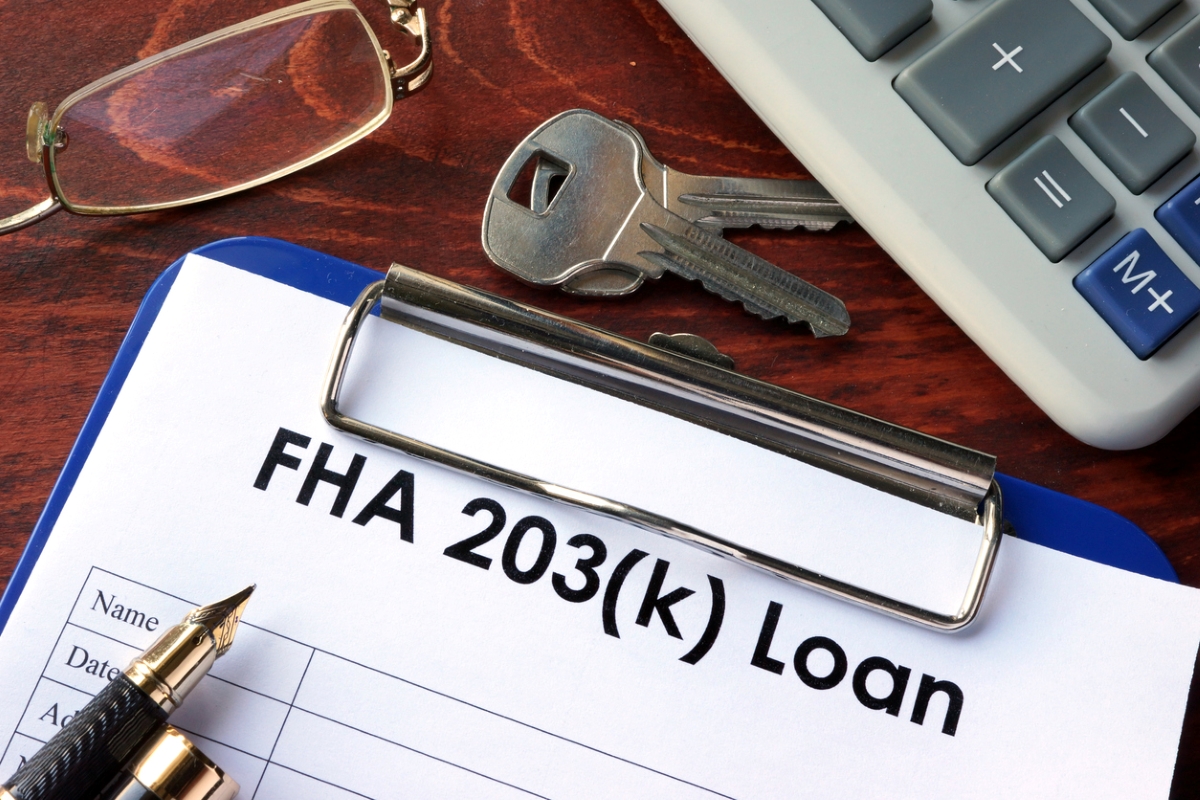
The best thing homeowners can do if they’re struggling to qualify for a good interest rate but need to move is to talk with their lender, Thweatt says. “Rate is certainly important, but it is not more important than the proper loan structure on the proper home. [Your loan adviser] knowing your real, short-, or long-term goals are for the property is paramount,” he says.
Some lenders even specialize in working with borrowers who may not qualify for traditional mortgages. Based on the homebuyer’s goals and financial needs, lenders may suggest different loan structures or alternative financing options, such as a lease-to-own agreement. There are also government loan programs, such as VA or FHA loans, that homebuyers can take advantage of if they meet the qualifications for a mortgage with better terms.
11. It’s best to be patient.

Above all, real estate experts say patience is key to navigate the current market. “I would always recommend giving yourself enough time when buying or selling a home,” Thweatt says. “When you are in too big of a hurry the tendency is to over pay or to settle on a property you do not fully love.”
Delaying the search for even 6 months can be beneficial, whether it’s to work on raising a credit score for a better loan or waiting to avoid a more competitive spring and summer market.


